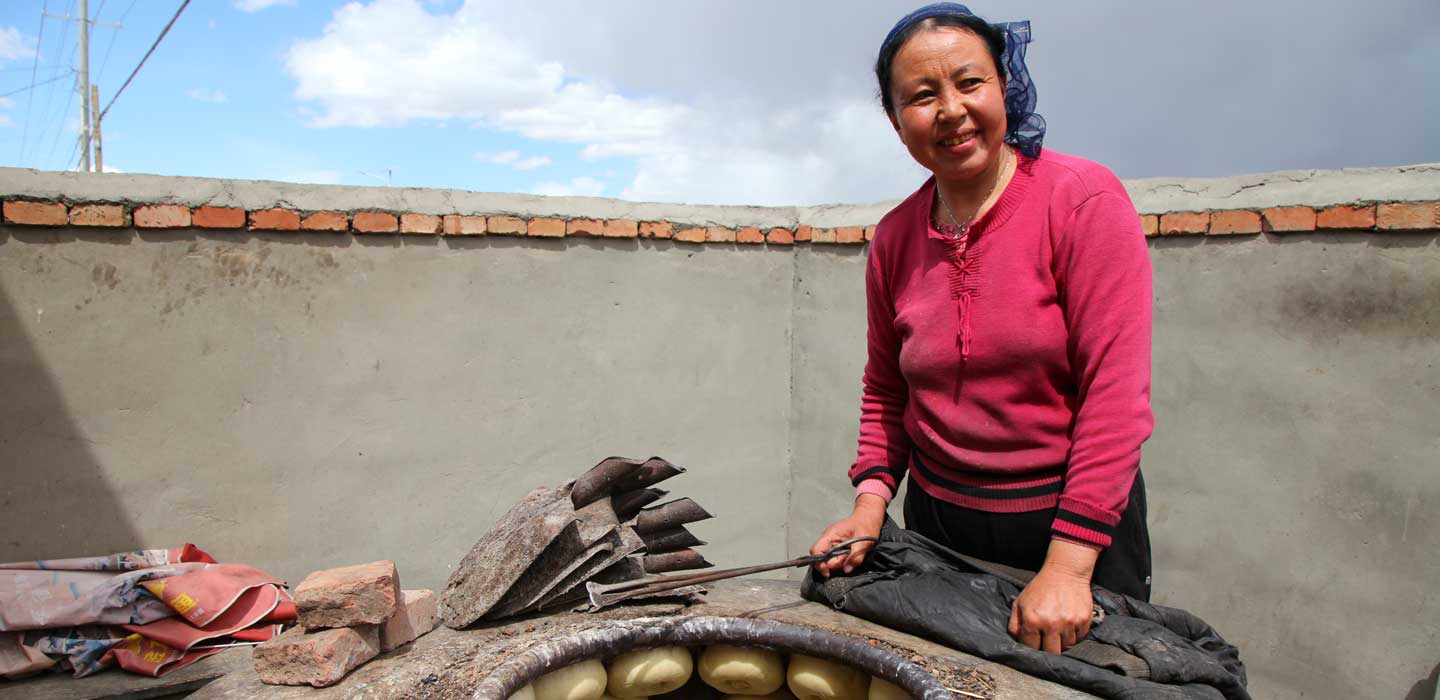Stories
Stories

Stories
Manual Submenu Topics
Search Results Filters
Search Results
The Maasai of Kenya and the Red Maasai sheep slow food presidium
The rights of indigenous peoples to control their land according to their own needs and decisions is fundamental to protect their livelihoods and defend the biodiversity of native animal breeds and plant varieties.
Struggle, strength and wisdom: Snapshots of Bangladesh’s women farmers
The story of agriculture in Bangladesh is also a story of the resilience of Bangladeshi women. If women have the chance to participate in decision-making, the whole community benefits.
What we are reading on food systems
As we approach the UN Food Systems Summit here are some suggested reads on transforming our food systems for people, and planet.
In Kyrgyzstan, new technology preserves age-old pastures
Urmatbek Omurbekov remembers a time when grazing his livestock was a purely offline affair. Every spring, herders like him would bring their animals to the foothills of the majestic Tian Shah Mountains to let them fatten up for the next winter.
The promises the olive grove holds: Fadieh’s story
Growing olive trees in Jordan, one of the driest countries in the world, isn’t easy. Every day, Fadieh and her family spend hours tilling the soil and tending to the trees, but the most demanding task is keeping the trees hydrated.
Digital information service helps small-scale farmers respond to COVID-19
The Kenya National Farmers’ Federation is implementing a mobile information platform to serve its members and other Kenyan farmers.
Helping remittances reach rural areas in Moldova
For some time now, it has been difficult to find well-paid work in Moldova. Most of the good jobs available are concentrated in the cities, resulting in significant migration out of the country’s rural areas.
Restoring Morocco’s mountain ecosystems with reforestation
In many areas of rural Morocco, climate change has led to widespread erosion and desertification, causing steep declines in soil quality. This makes farmland less productive, endangering the livelihoods of the area’s small-scale farmers.
Why water is crucial for sustainable food systems
Enhancing irrigation efficiency is not a priority in policy agendas, being overshadowed by the global issue of access to drinking water and sanitation.
Linking families, farms and schools in Guatemala
Many Guatemalans struggle with hunger and food insecurity, especially the nation’s children. In too many cases, lack of access to adequate food leaves children feeling weak and unable to concentrate in school, complicating both their physical and intellectual growth.
The power of options
Like other women on Santiago, the largest island of Cabo Verde, Maria Lizita Varela used to rely on sand extraction as a source of income. It was thankless, dangerous work.
Big dreams come true in Turkey’s smallest district
Meltem Gözel’s day begins at 07.00 each morning. Before the sun has risen, she’s already at work in her greenhouses, tending to her mushrooms.
Pioneering development in rural Uzbekistan
Starting over is never easy, whether you’re an individual person or an entire nation. Nevertheless, the economy of Uzbekistan has made incredible progress in recent years.
Countries worldwide are stepping up to support rural farmers living in poverty
How radio came to the rescue in Nepal
Last March, when Nepal went into lockdown to manage the COVID-19 pandemic, Sarbaraj Bhandari realized he was in a bit of a fix. A goat farmer, he was in the process of upgrading and managing his goat-shed facilities with the help of extension services and technical support provided to farmers participating in the Ministry of Agriculture and Livestock Development-led and IFAD-supported Agriculture Sector Development Programme (ASDP).
Bringing home the bacon: Digitalization helps Chinese pig farmers scale up
Zhenba County, nestled in the mountains of China’s Shaanxi province, has long been known for its traditional bacon, expertly smoked and cured to produce an unmatched flavor.
Indigenous food systems are at the heart of resilience
Unless we urgently rethink agriculture, more diseases will jump species
To “green” the Sahel, we need big plans and small actions
The best way to make the desert bloom is to dig a hole. Not a well, but a shallow pit in the sandy soil about as wide as the length of your forearm. Then add some dung, plant your seeds, and wait for the rains.